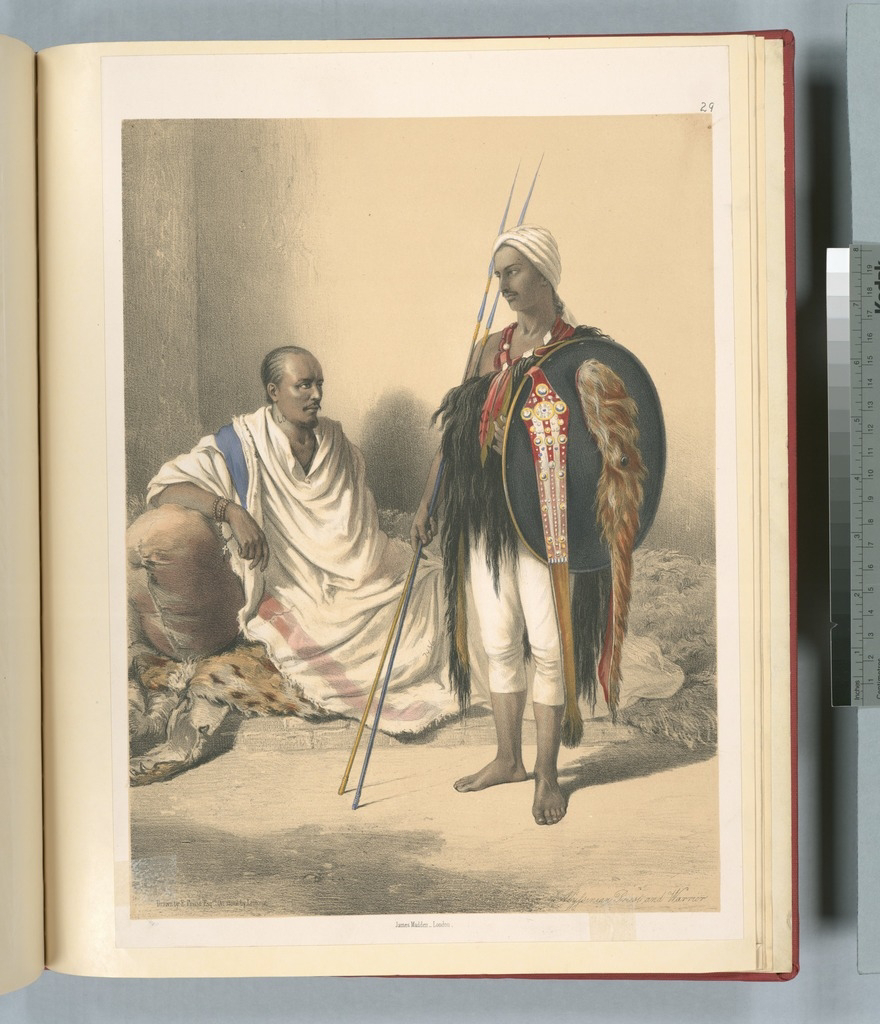Dark Albion Session 1 Campaign Diary
Well, that escalated quickly. I had some hiccups getting things going in my Dark Albion game. Chiefly among the issues, about 5 players backed from playing the game within a few days of our starting night. It being an online game, I anticipated this. I recruited 8 players total. Since we only had 3 players actually play and Lion & Dragon is a lethal ass game, I told them to go ahead and run their back-up PCs. This left us with 2 Clerics: Agnes and William, 1 Fighter: Grace, 1 Magister: Roland, and 2 Thieves: Yorick and Leonard. Sir John Neville and his Magister, William the Elder, explained his plan to the party. They were to disguise themselves as monks returning to the abbey at Stamford Bridge, retrieve a cache of armor and weapons in the catacombs, wait until nightfall, then storm the manor to capture Lord Egremont and force his men to stand down. It went off without a hitch. By leaning into the Monk disguises and putting the "Clerics on official business" spin on it, ...

